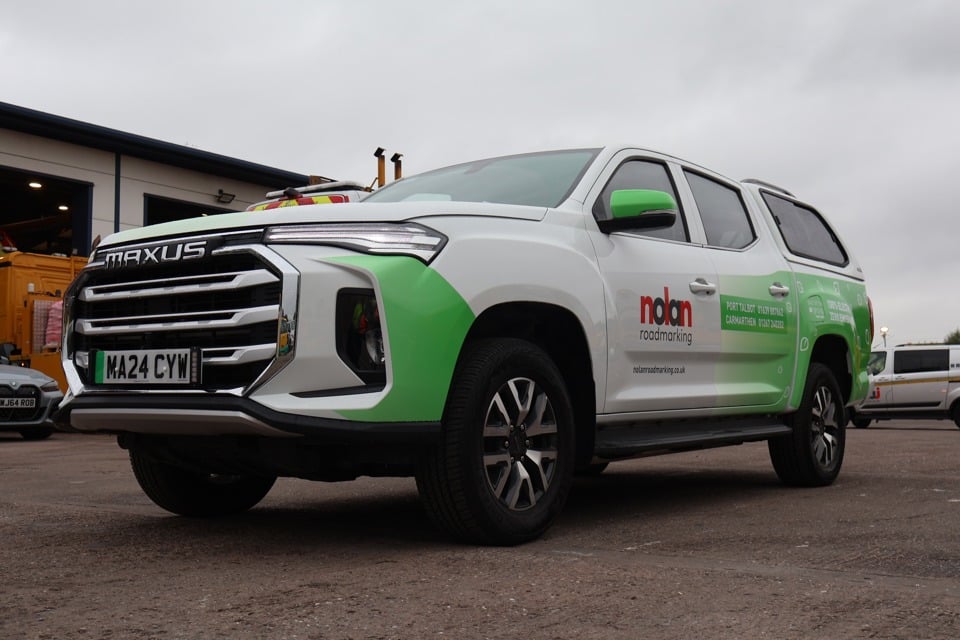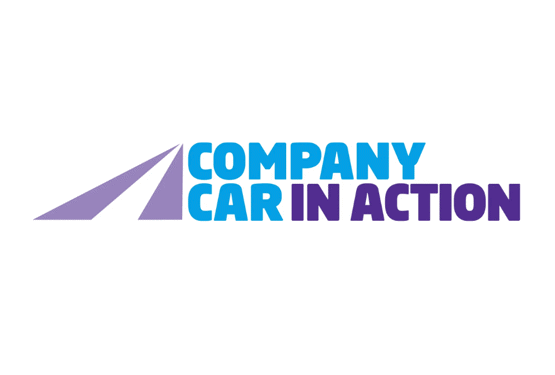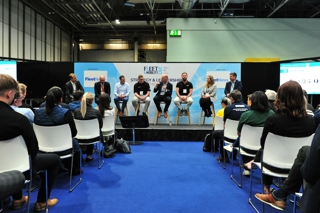WJ Group has reduced carbon emissions by an estimated 134 tonnes over the past three years through the electrification of its fleet.
The company has also seen a reduction in operational costs, while employee confidence in adopting electric vehicles (EVs) has soared, it says.
Working with Rightcharge, WJ is now able to provide its drivers with a single card to pay with company funds at more than 70% of the UK’s public charging points.
Rightcharge automatically reimburses WJ’s drivers for all home charging by sending payments directly to their home energy accounts.
Valuable insights into their fleet’s carbon emissions, charging costs, and overall charging behaviour have also been provided by Rightcharge’s dashboard, including details about energy sources and carbon intensity.
These reports, says WJ, have been instrumental in tracking its progress toward carbon reduction goals, especially when it comes to Scope 1 emissions reporting.
The reimbursement system for home charging has also delivered significant operational cost savings, according to WJ.
Previously, the absence of such a system prevented its ability to take advantage of lower home charging rates. With Rightcharge’s solution, drivers now receive accurate home charging reimbursements through direct integrations with their chargers and energy tariffs.
This, it says, has not only resulted in a reduction of EV charging costs, but it has also alleviated pressure on workplace charging infrastructure.
As a result, WJ is now able to ensure its employees have full range capabilities when leaving home, while minimising downtime spent at public charging stations.
Paul Aldridge, WJ Group sustainability director, said: “Electrifying our company car fleet is a key part of our net zero strategy.
“In 2023, during the early stages of our transition, we reduced emissions by 19tCO₂e. At our current rate of transition, this now equates to an estimated 134tCO₂e.
“By enabling employees to charge their vehicles at home, primarily overnight, it helps us support a greener energy mix, as renewable sources are more likely to be utilised by energy operators during this period.
“This also ensures they start each day with a full charge, reducing reliance on potentially more costly, fossil fuel-based electricity from within depots or public charging stations.”
Employee confidence in adopting EVs has significantly increased as a result of Rightcharge’s public and home charging reimbursement system.
It has also helped the business progress towards a 100% electric company car fleet, which is currently at 57% plug-in hybrid (PHEV) and 43% fully electric for more than 70 cars.
Charlie Cook, CEO of Rightcharge, said: “We’re really proud to support WJ in the electrification of their fleet.
“By removing the barriers to EV charging and simplifying payments for both home and public charging, it’s great to be able to help impressive businesses like WJ accelerate their transition to cleaner transport.
“It’s inspiring to see the environmental and operational impact this has delivered and we’re excited to be part of WJ’s ongoing journey toward net zero”























Login to comment
Comments
No comments have been made yet.